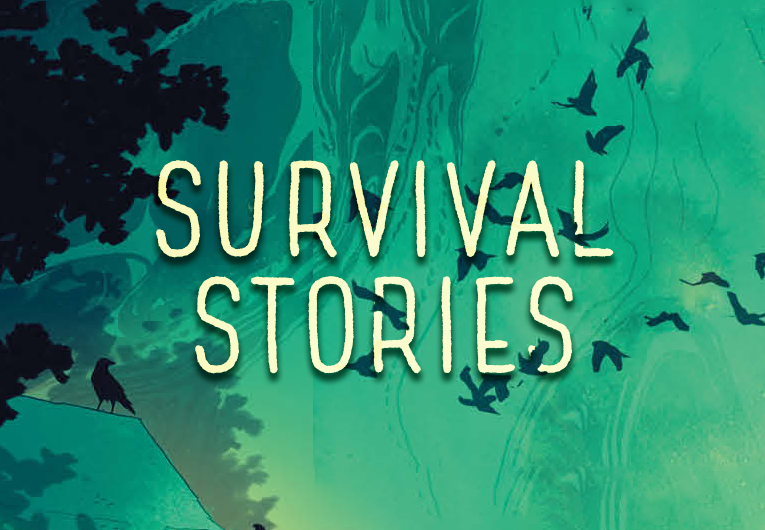How Long Does It Take to Starve to Death? Understanding the Human Body's Survival Limits
The human body is a remarkable system with complex mechanisms for survival. The question "How long does it take to starve to death?" is both thought-provoking and concerning. While starvation is a dire situation, understanding the physiological processes that occur during prolonged periods of food deprivation can shed light on the body's remarkable resilience and the devastating consequences of extreme hunger.
1. The Human Body's Adaptability

Body's Adaptability
The human body is designed to withstand a variety of challenges, including periods of limited food intake.
Our ancestors' ability to survive food scarcity played a crucial role in human evolution.
2. Factors Influencing Survival Duration
The duration it takes for a person to starve to death varies based on several factors:
Body Composition: A person's body composition, including muscle mass and fat stores, impacts how long they can survive without food.
Hydration: The body's ability to conserve water affects how long someone can survive without nourishment.
Health and Medical Conditions: Underlying health conditions can accelerate the body's deterioration during starvation.
Environmental Conditions: Factors like temperature and humidity influence how the body responds to starvation.
3. The Phases of Starvation
Starvation unfolds in distinct phases as the body adapts and fights to preserve vital functions:
Initial Phase: The body taps into glycogen stores, converting them into glucose for energy.
Early Starvation: The body starts breaking down fat stores to provide energy, resulting in weight loss.
Late Starvation: As fat stores deplete, the body turns to muscle tissue for energy, leading to severe muscle wasting.
4. Energy Conservation Mechanisms

Mechanisms
The body employs energy conservation mechanisms during periods of starvation to prolong survival:
Metabolic Rate Reduction: The body slows down its metabolic rate to conserve energy, leading to decreased heart rate and body temperature.
Brain Protection: The brain's energy consumption is reduced, as it prioritizes vital functions.
5. Severe Consequences of Starvation
The consequences of prolonged starvation are severe and can lead to irreversible damage:
Organ Failure: As the body depletes its energy sources, organs like the heart and kidneys can fail.
Immune Suppression: Starvation weakens the immune system, leaving the body vulnerable to infections.
Cognitive Impairment: Brain function deteriorates, leading to confusion, hallucinations, and cognitive decline.
Extreme Weakness: Muscle wasting and weakness can become so severe that basic movements become impossible.
6. Survival Stories and Limits

Survival Stories
Survival stories of individuals who have endured extreme hunger shed light on the human body's remarkable tenacity.
However, these cases also underline the urgency of providing nourishment when faced with starvation.
7. Seeking Help and Treatment
If someone is experiencing extreme hunger or malnutrition, seeking medical attention is essential.
Medical professionals can administer fluids, nutrients, and monitor vital signs to stabilize the person's condition.
8. Ethical and Moral Implications
The question of how long it takes to starve to death raises ethical and moral considerations.
Ensuring access to food and resources is a fundamental aspect of human dignity.
As we delve into the question "How long does it take to starve to death?" we confront the fragility and resilience of the human body. The body's ability to adapt and endure is a testament to its intricate design. However, starvation is a dire circumstance that should never be underestimated. Understanding the phases of starvation, the body's mechanisms, and the severe consequences underscores the importance of addressing hunger and malnutrition as critical global issues. In a world where food scarcity exists, prioritizing access to nourishment is not just a matter of survival, but a fundamental human right that preserves life and dignity.